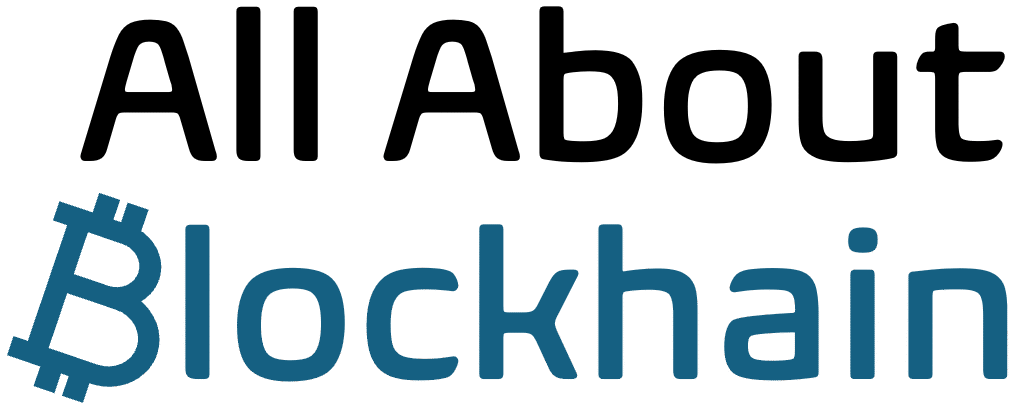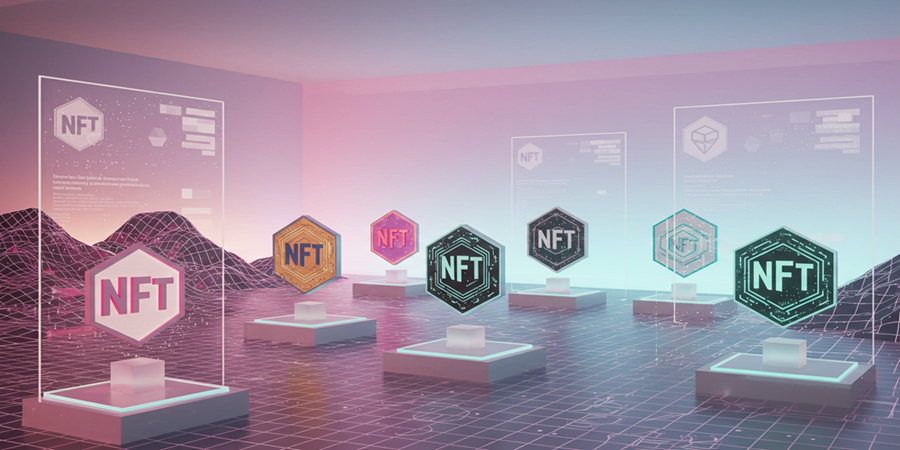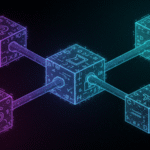This glossary captures the fundamental NFT terms you’ll encounter in NFT communities, marketplaces, and guides.
- Airdrop:
A free distribution of NFTs or tokens directly into users’ crypto wallets, frequently used as a marketing tool or reward for participation in a community. - Allowlist:
A curated list of wallet addresses allowed early or guaranteed access to an NFT mint; sometimes also called a whitelist. - Alpha:
Exclusive, early information on an NFT project or market trend that could offer buyers a potential edge. - Ape (Ape In):
Slang for quickly buying into an NFT project without full research, often in hopes of high returns. - Burn:
Permanently removing an NFT from circulation by sending it to an unrecoverable address, making it unusable or inaccessible. - Mint/Minting:
The process of publishing or creating a new NFT on a blockchain, thereby making it publicly verifiable and tradeable. - Metadata:
Information attached to an NFT (such as creator, description, image link, and traits), often essential for verifying uniqueness and ownership. - Floor Price:
The lowest available price for an NFT within a specific collection on a marketplace. - Fungible/Non-Fungible:
Fungible assets can be interchanged with one another (like cryptocurrencies); non-fungible assets (NFTs) are unique and not mutually interchangeable. - Gas Fee:
Transaction fees required to publish, mint, or transfer NFTs on a blockchain, commonly paid in the chain’s native cryptocurrency. - 1:1 (One-of-One):
A unique NFT—only one exists, unlike large NFT collections where items have variations. - Open Edition:
An NFT drop allowing unlimited minting during a specified period, as opposed to a capped or limited edition. - PFP:
Shorthand for “profile picture” NFTs—digital avatars often used as social media profile images; many well-known NFT projects follow this style. - Play-to-Earn (P2E):
Games where players earn NFTs or crypto assets as rewards through gameplay, integrating blockchain mechanics. - Smart Contract:
A blockchain-based, self-executing contract that controls the rules, ownership, and transfers of NFTs. - Unlockable Content:
Special digital assets, files, or perks accessible only to the NFT’s owner, often provided as a reward. - Wallet Address:
A unique string of characters representing a location on the blockchain—a crypto wallet—used to store, send, and receive NFTs. - Metaverse:
A shared, persistent virtual world or digital space where NFTs such as digital land, clothing, or art can be owned, displayed, and traded. - OpenSea (OS):
A leading NFT marketplace where users can buy, sell, and discover NFTs—often referred to by the abbreviation “OS”. - Token Standard (ERC-721/ERC-1155):
Technical specifications on Ethereum and similar blockchains that enable NFTs’ creation, interoperability, and trading.



